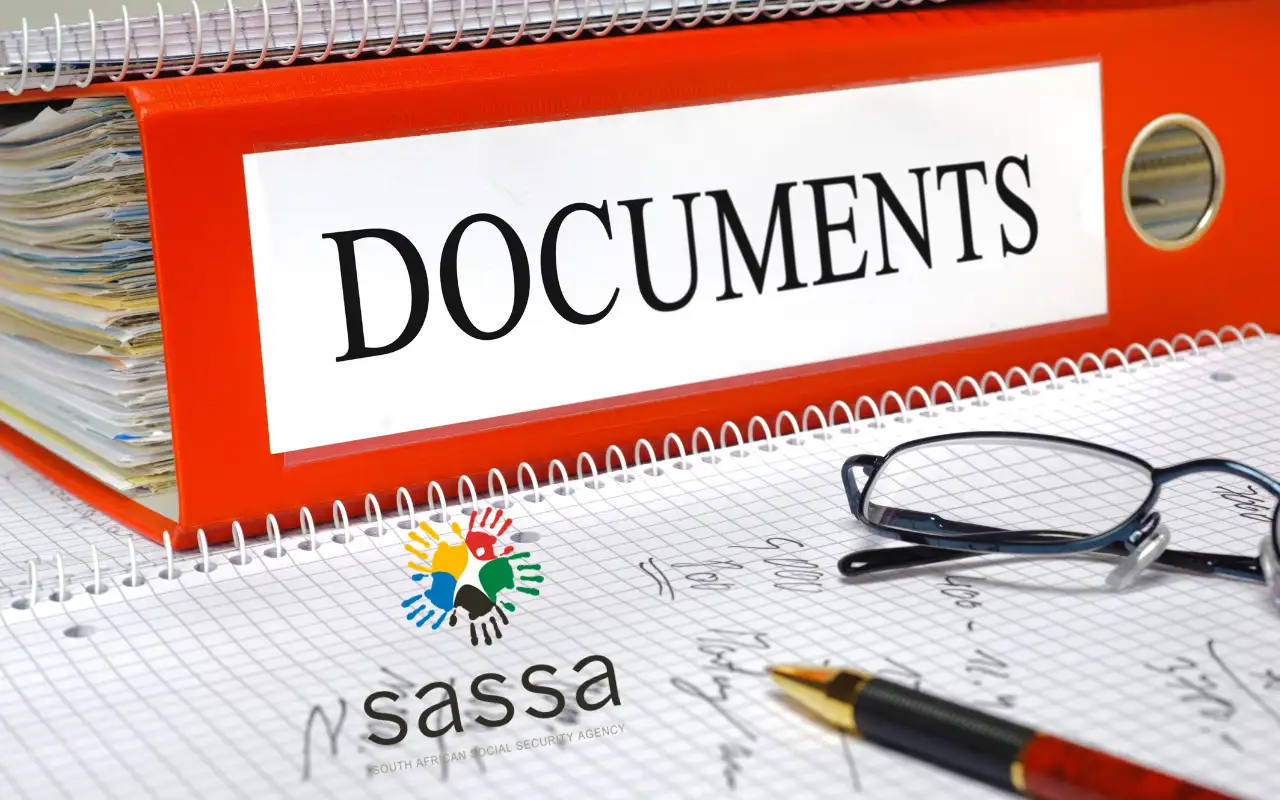Living with a disability can present significant challenges, and financial security shouldn’t be one of them.
The SASSA Disability Grant is a vital lifeline for many South Africans, offering a helping hand to manage daily expenses.
But before you can access this support, there are some key documents you’ll need to gather.
This guide will equip you with the knowledge to confidently navigate the application process and secure the grant you deserve.
Documents Required for Sassa Disability Grant
1. Valid South African ID (13-digit bar-coded)
This is the foundation of your application.
You’ll need a valid South African ID with the familiar 13-digit barcode.
If you don’t have one, don’t worry! There are alternative ways to prove your identity.
You can:
- Complete an affidavit: Visit a Commissioner of Oaths (not a SASSA official) to complete a sworn statement on a SASSA-approved form. This affidavit confirms your identity.
- Get a reputable person to vouch for you: A trusted person like a councillor, social worker, minister of religion, or school principal can sign a sworn statement verifying your name and age.
2. Medical report and functional assessment report confirming your disability
This is where you’ll show that you have a disability that affects your ability to work.
You’ll need two reports:
- Medical report: A qualified medical professional will assess your disability and provide a report outlining its nature and severity.
- Functional assessment report: This report goes beyond the diagnosis. It details how your disability impacts your daily activities and ability to work.
3. Proof of residence (utility bill, lease agreement, etc.)
Proof of residence shows SASSA you live in South Africa.
Acceptable documents include:
- Utility bills (electricity, water)
- Lease agreement
- Signed affidavit from your landlord
4. Proof of income or dividends (if any)
While not mandatory, providing proof of income or any dividends you receive can help determine the grant amount.
This could include:
- Payslips (if you’re still employed)
- Bank statements
- Investment income statements
5. Proof of marital status
Are you married or divorced?
If so, a marriage certificate or divorce decree demonstrates your marital status.
6. Proof of assets
SASSA considers your overall financial situation when determining your grant amount.
This means you might need to provide proof of any assets you own, including:
- Municipal property value: This shows the value your local municipality assigns to your property, if you own one. You can usually obtain this information from your municipality’s office.
- Vehicles or other valuable assets: If you own a car, motorbike, or other valuable assets, you might need to provide proof of ownership.
7. Proof of private pension (if any)
Do you have a private pension plan?
If so, SASSA might request proof of your pension to understand your income sources.
This could be a statement from your pension provider.
8. Bank statements for the past three months
Providing bank statements for the past three months gives SASSA a clearer picture of your current financial situation.
This helps them determine if the disability grant is crucial for your financial well-being.
9. Refugee status permit and ID
If you’re a refugee living in South Africa, you’ll need to submit your refugee status permit along with your 13-digit refugee ID.
These documents verify your legal status in the country.
10. Past Employment and Unemployment Status
Have you recently been unemployed?
If you received benefits from the Unemployment Insurance Fund (UIF), your UIF document (often called the “blue book”) can be helpful.
Similarly, if you were recently employed, a discharge certificate from your previous employer demonstrates your recent work history.
11. Will and final liquidation accounts (if spouse died in the last five years)
If your spouse passed away within the last five years, SASSA might request a copy of the will and the first and final liquidation and distribution accounts.
These documents provide details about your inheritance and financial situation after your spouse’s passing.

